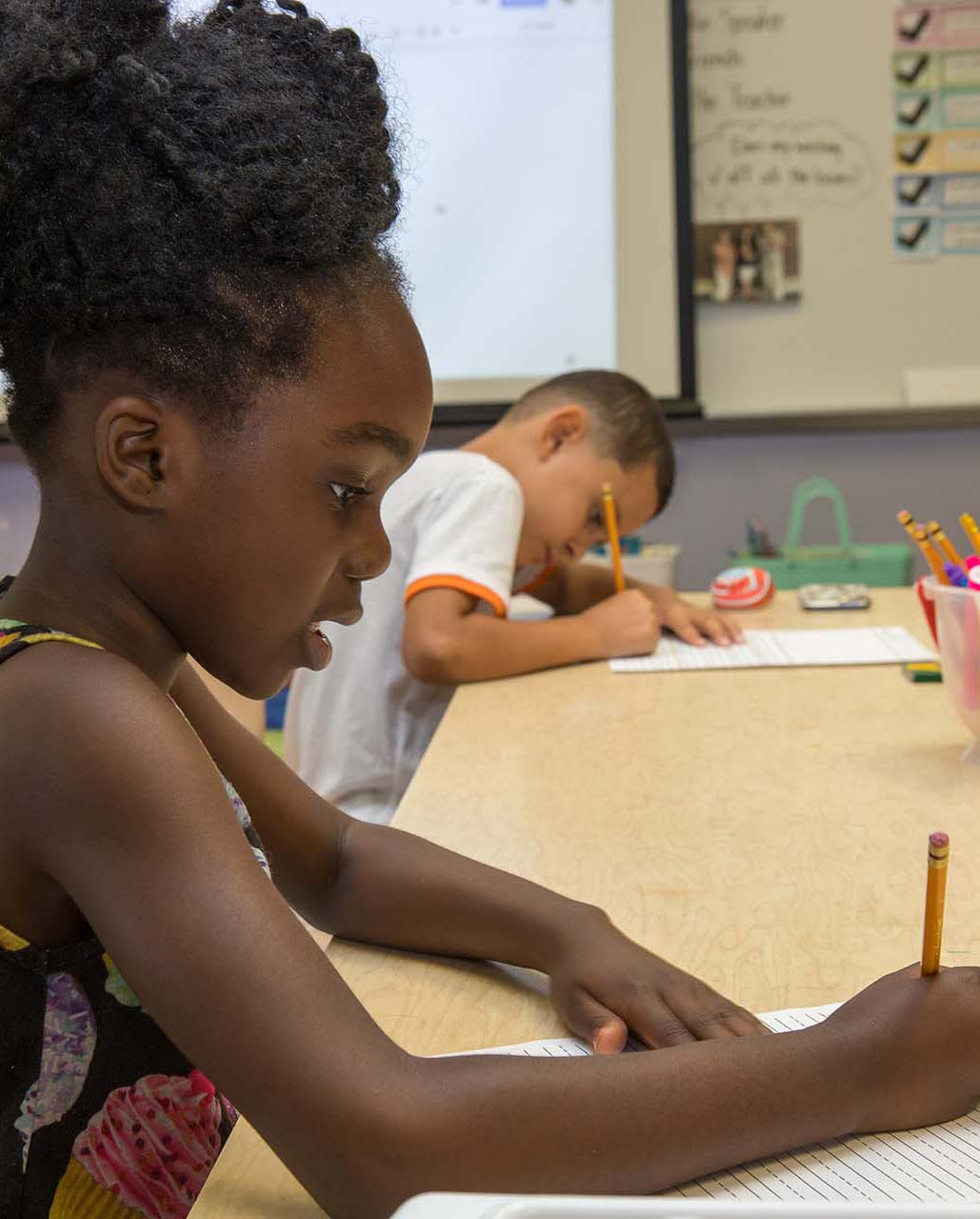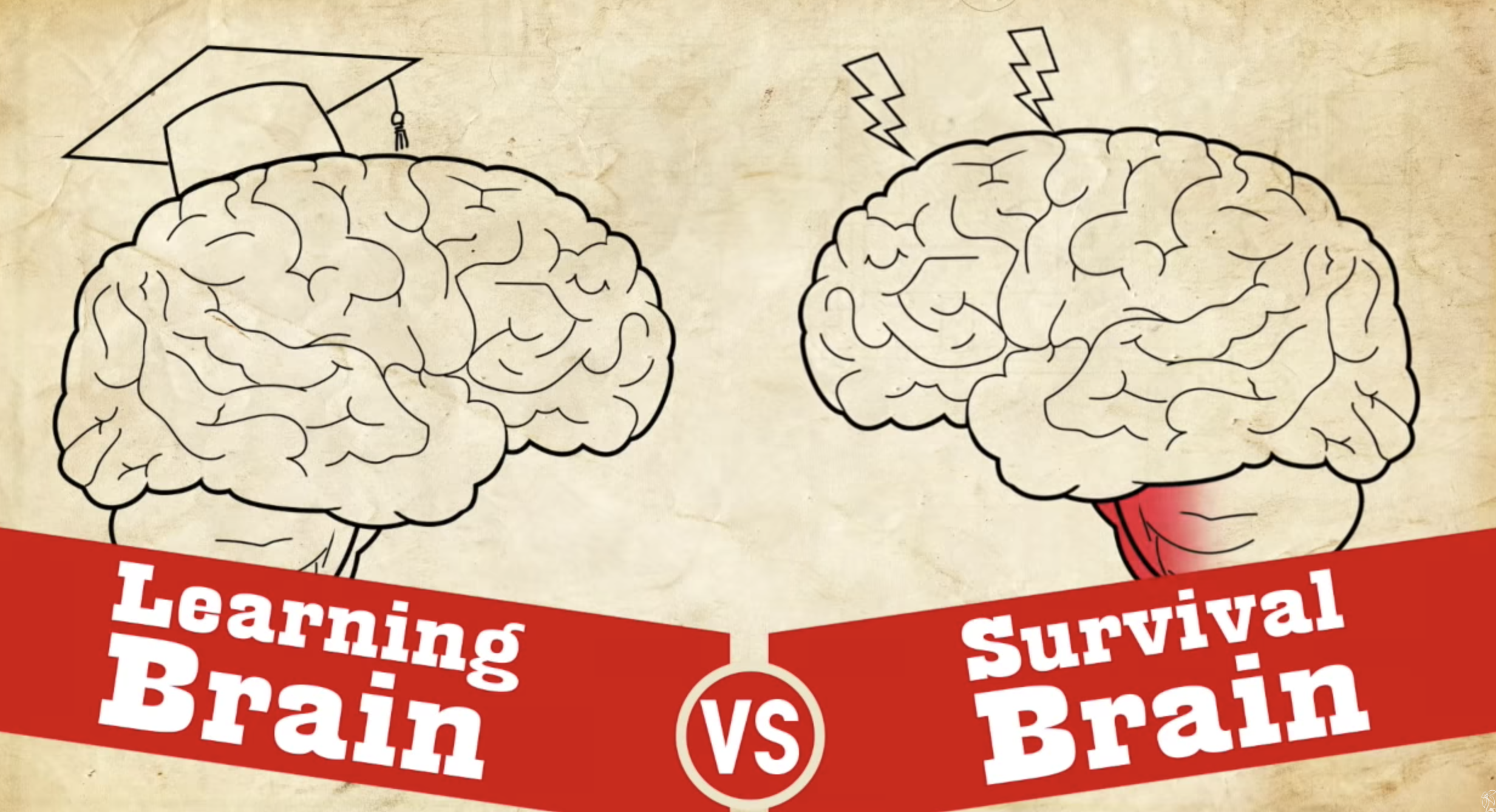Building a More Resilient Lehigh Valley for Older Adults and Caregivers
For more than a year, Resilient Lehigh Valley and Age-Friendly Lehigh Valley—both powered by United Way of the...
read MOREIf the alarm center of the brain senses danger, the body gets ready for fight, flight or
freeze. When this happens, the learning part of the brain goes off-line. For students to
learn, they need to feel safe, both physically and emotionally.

Lesson Plans and Resources for Educators

Trauma-informed practices create calmer classrooms, decrease the number, duration
and intensity of disruptive student behaviors, increase teacher’s time on task, improve
student attendance, and academic achievement.

Resilient Lehigh Valley’s Trauma Informed School Video
Check out the below videos to learn tips for teachers related to Handle with Care. How Teachers Can...
LEARN MOREClick the button below to our watch our Compassion Resilience Training on our YouTube channel. Compassion resilience is...
LEARN MOREThe Organizational Self-Assessment is designed for organizations interested in improving their policies, procedures, practices, and social and physical...
LEARN MOREClick the link below to find lesson plans from the American Psychological Association to help your students grow...
LEARN MORECheck out this article from Greater Good to learn what parental burnout is and find 6 different strategies...
LEARN MORE
Understanding Trauma: Learning brain vs survival brain
Trauma-informed practices create calmer classrooms, decrease the number, duration and intensity of disruptive student behaviors, increase teacher’s time on task, improve student attendance, and academic achievement.
READ THE STORIESFor more than a year, Resilient Lehigh Valley and Age-Friendly Lehigh Valley—both powered by United Way of the...
read MOREIf you have experienced a traumatic event, you may have asked yourself, “How can I move forward...
read MOREUnited Way of the Greater Lehigh Valley, through its mission to support our community’s mental health and well-being,...
read MORE
Sed purus a lobortis odio urna netus eget sus porttitor volutpat euismod.
